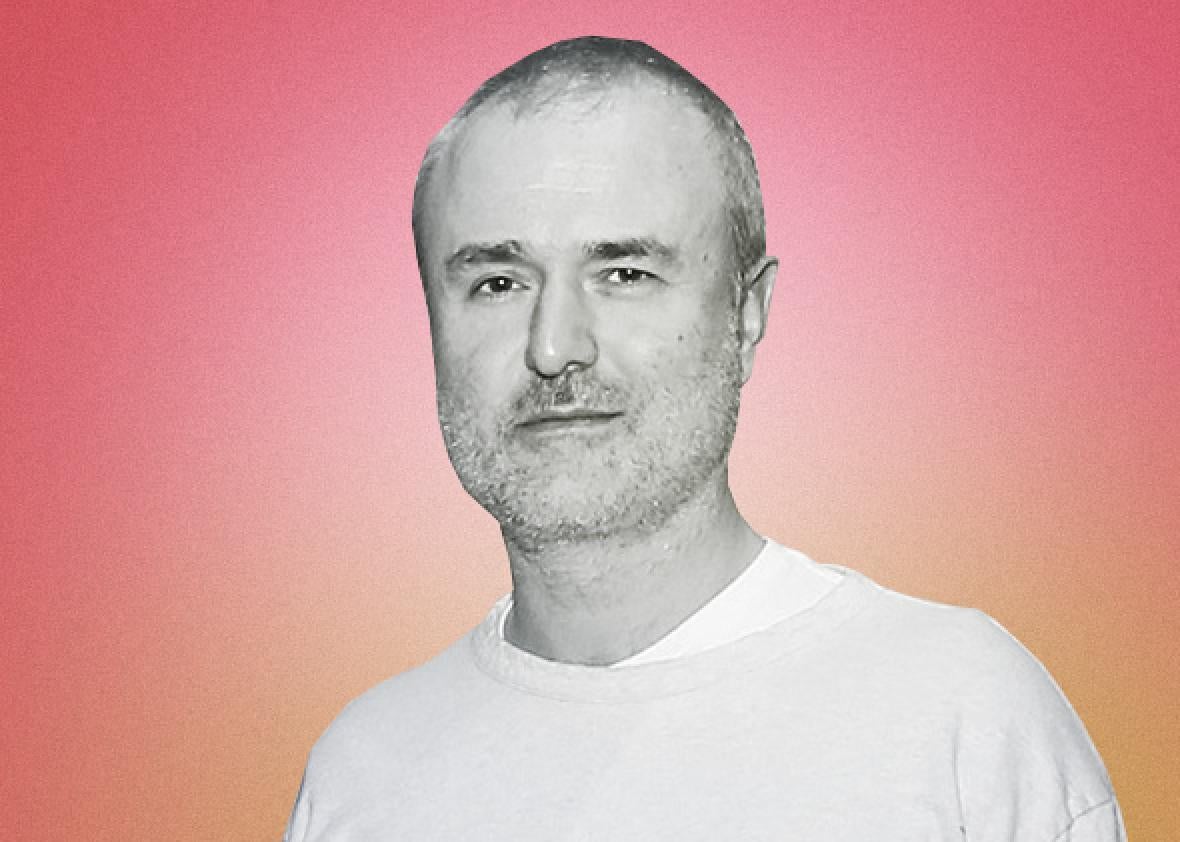In April 2007, Jimmy Kimmel tried to bring Gawker to heel. During an episode of Larry King Live, the comedian confronted Gawker’s Emily Gould over the website’s habit of publishing “what is essentially slanderous statements or libelous statements” about celebrities like Kimmel himself.
“There was a story about me that popped up on my Google search,” said Kimmel. “It said ‘Daily Gawker Stalker: When Isn’t Jimmy Kimmel Visibly Intoxicated?’ And there’s a story about me being visibly intoxicated. I know it may be funny to you, but I didn’t find it that amusing.”
Gould responded by noting that privacy norms have shifted in the Internet era, but Kimmel found that a poor excuse for mocking celebrities just because they were famous. “But you’re throwing rocks at them,” he said.
Gould’s response: “Aren’t they kind of protected by piles of money from those rocks?”
Gould’s 8-year-old comment came to mind on Friday as I was trying to understand Gawker’s latest controversy. On Thursday, Gawker ran a long story alleging a male executive at a major media company recently tried to pay $2,500 to spend a night with a male prostitute. Almost immediately, Gawker’s commenters wondered why the salacious story was published at all, given the executive’s relative obscurity, the intimations of an extortion attempt by the prostitute, and writer Jordan Sargent’s failure to root the executive’s near infidelity in any broader hypocrisy. On Twitter, Gawker editor Max Read explained his editorial logic:
In other words, the targeted executive is rich, and, to Gawker, wealth and status have always been inherently worthy of suspicion. “Aren’t they kind of protected by piles of money from those rocks?”—this populist ressentiment has animated Gawker Media since its earliest days. Back when it was founded, Gawker was a gossip blog staffed by young writers who took joy in punching upward at stupid and vain people who wore their wealth and fame like a shield.
“At my old job, it would have taken me years to advance to a place where I would no longer have to humor the whims of important people who I thought were idiots or relics or phonies,” Gould wrote for the New York Times Magazine in 2008. “But at Gawker, it was my responsibility to expose the foibles of the undeserving elite.”
Today, Gawker Media has evolved into a large and successful news organization, but it hasn’t really changed. It is still perhaps America’s most resentful major online news property, with what seems to be an internal culture of active umbrage and opposition toward people in any sort of power position. The site is unimpressed by titles and status, not dependent on access, and willing to embarrass prominent people regardless of the potential consequences.
To be clear, these are cardinal journalistic values. The sociologist Michael Schudson has written about how democracy needs an unlovable press, one that is willing to take unpopular stances and antagonize powerful people in the service of the truth. I greatly admire Gawker Media’s indifference toward being liked, its hatred of smarm and cant and other such rhetorical cloaking devices. Gawker has never been afraid to speak truth to power.
Where Gawker differs from many other adversarial news outlets, however, is that its wrath is often directed at individuals rather than institutions. During his tenure at the Silicon Valley gossip blog Valleywag, for instance, the writer Sam Biddle became notorious for mocking technology executives who have become very rich by founding companies that see massive valuations without actually earning any profit, with the implication always being that these entrepreneurs are the architects of some future national economic collapse. When Biddle called out individuals, such as the oddly coiffed AOL executive David Shing, he usually did so to indicate some broader point about the vapidity of Silicon Valley culture. What some called meanness and bullying always seemed to me a corrective lens.
Biddle, more often than not, was writing in the Gawker Media tradition of punching upward. But Gawker’s latest attack is a case of punching down. Its target is indeed a “c-suite executive of a major media company”—and the brother of a former Cabinet member to boot—but Sargent failed to demonstrate that the executive’s personal life was at all illustrative of any larger issue or hypocrisy. The executive is just a guy, and not a particularly interesting or important one, either. In fact, in the New York media executive hierarchy, the targeted executive ranks far, far below Gawker Media’s own Nick Denton, who today is more powerful than most C-suite executives at major media companies, and probably richer than many of them, too.
If the rich are inherently worthy of suspicion, then what are we to make of Denton’s unprecedented choice to remove Sargent’s story from Gawker? In a blog post Friday, Denton called his decision to do so “the first time we have removed a significant news story for any reason other than factual error or legal settlement.” Scrubbing the post seems less a change of heart or a sudden attack of conscience than a bid to forestall any potential lawsuits. Gawker Media already has enough of those on its hands. It has been sued by the wrestler Hulk Hogan over its decision to post an excerpt of a video that showed Hogan having sex with his friend’s ex-wife. Hogan seeks $100 million in damages. “Aren’t they kind of protected by piles of money from those rocks?” I guess Gawker Media will soon find out.
